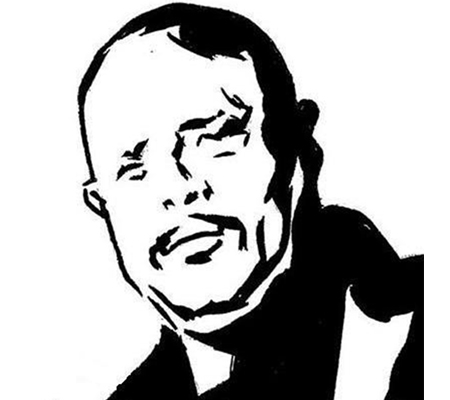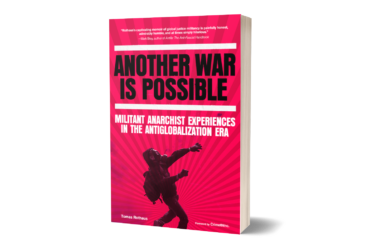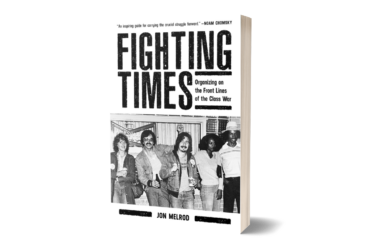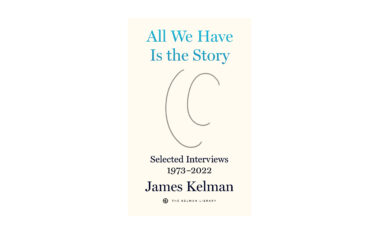By Wendy Werris
Publishers Weekly
August 24, 2012
Gary Phillips, 57, is the epitome of the noir cool he writes about in his mysteries, looking like a linebacker with an attitude—until something makes him laugh, and the big grin on his face reveals the genial guy inside.
His latest book and fourteenth mystery novel, The Warlords of Willow Ridge (Kensington, October), brings a new character, an outcast named O’Conner, to a literary lineup that already includes two noir series. Warlords takes place in the Los Angeles desert suburb of Hemet, hard hit by the economic downturn, its houses emptied by foreclosures, one of which O’Conner moves into as a squatter. An antihero figure, O’Conner becomes involved in two levels of criminal activity in Hemet-white-collar crime and gang warfare-and is forced, in middle age, to chose between continuing his violent past and reforming his life. “I don’t tell you overtly if O’Conner is black or white,” Phillips says. “I leave it to the reader to determine.”
The Los Angeles riots in 1992-sparked by the not-guilty verdicts in the trial of four LAPD officers following the beating of Rodney King-inspired Phillips’s first mystery, Violent Spring (Point Blank Books, 1994), published two years after the civil uprisings and the first of what would become the Ivan Monk mystery series. Violent Spring provides literary insight into the riots and introduced the black private eye Ivan Monk.
“I wrote [Violent Spring] because I was working for the Liberty Hill Foundation, which funded community organizing work in that area,” says Phillips. “As the outreach director, my work took me to various parts of the city to meet with community groups and gang members.”
“I got started as an activist growing up in South-Central, my introduction being around police abuse issues.” His work with the Legal Aid Foundation of Los Angeles led him to write the novella The Underbelly (PM Press, 2010), about a homeless Vietnam vet who’s been denied benefits from the VA.
“My activism has informed my fiction to the extent that, particularly with the Monk books, political or social issues have been part of the fabric of the books,” says Phillips. “But I’m also influenced by hard-boiled material and the noir school. I write about things that interest me, but invariably about race or politics.” He’s unsure about how to categorize his work. “I go into bookstores and want to see my books in the mystery section, but also in the African-American section if there is one. I’ve been in both, and it’s an interesting dilemma because it could affect your sales,” Phillips says. “Does being in the mystery ghetto prevent me from getting black readers? If I’m in the other section, do I miss out on the mystery readers? I don’t know. It’s a bifurcated situation.”
But one that Phillips can live with. He’s the current president of the Southwest chapter of Mystery Writers of America and has ingratiated himself into the mystery writing community, remaining one of its most popular figures for more than 20 years. “There is a raw energy in what Gary writes,” says Michael Connelly. “His work is almost as physically imposing as he is because he’s a no-holds-barred sort of writer.” Besides several stand-alone titles, Phillips, who describes his style as “hard-boiled tales with dashes of Chester Himes and Ashley Montague,” is also known for the Martha Chainey series, featuring a shadowy ex-showgirl and her exploits with the Vegas mob as a crime solver.
Phillips
is also a successful comic book author. Both D.C. Comics’ Vertigo
imprint and Dark Horse have published him, partnering Phillips with
various illustrators. His op-ed pieces appear in the Washington Post, the Los Angeles Times,
and other national periodicals, and he’s currently working on an e-book
novella about “an adventure character that’s a cross between Batman and
Shaft.” He contributes to the blogs Dr. Pop, FourStory, and two others.
“I still go to demonstrations, but I’m writing full-time now,” he says.
“This doesn’t mean that the writing goes here, and the activism goes
here. In the best of both worlds, they come together.”





